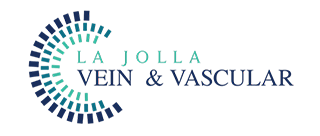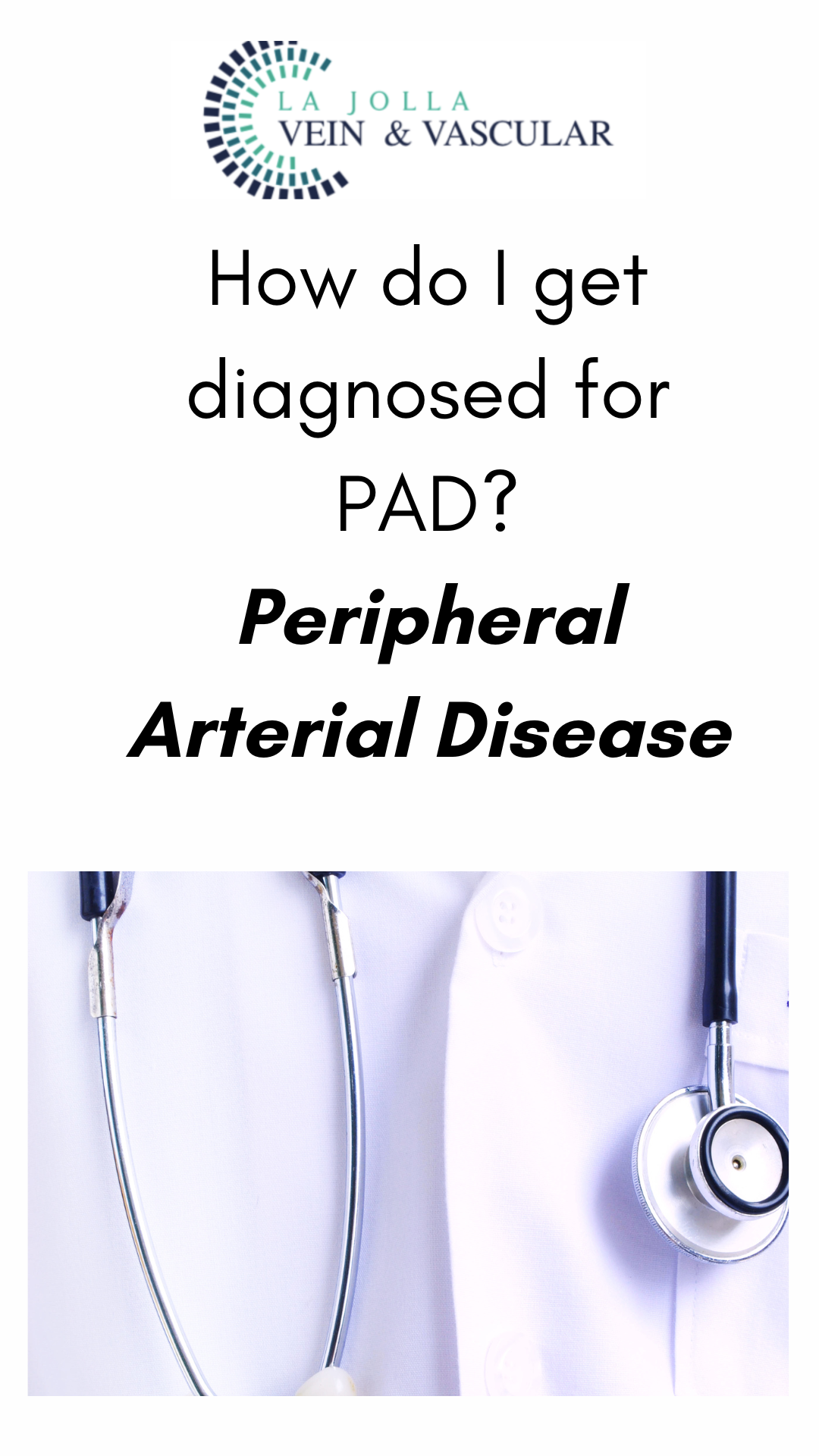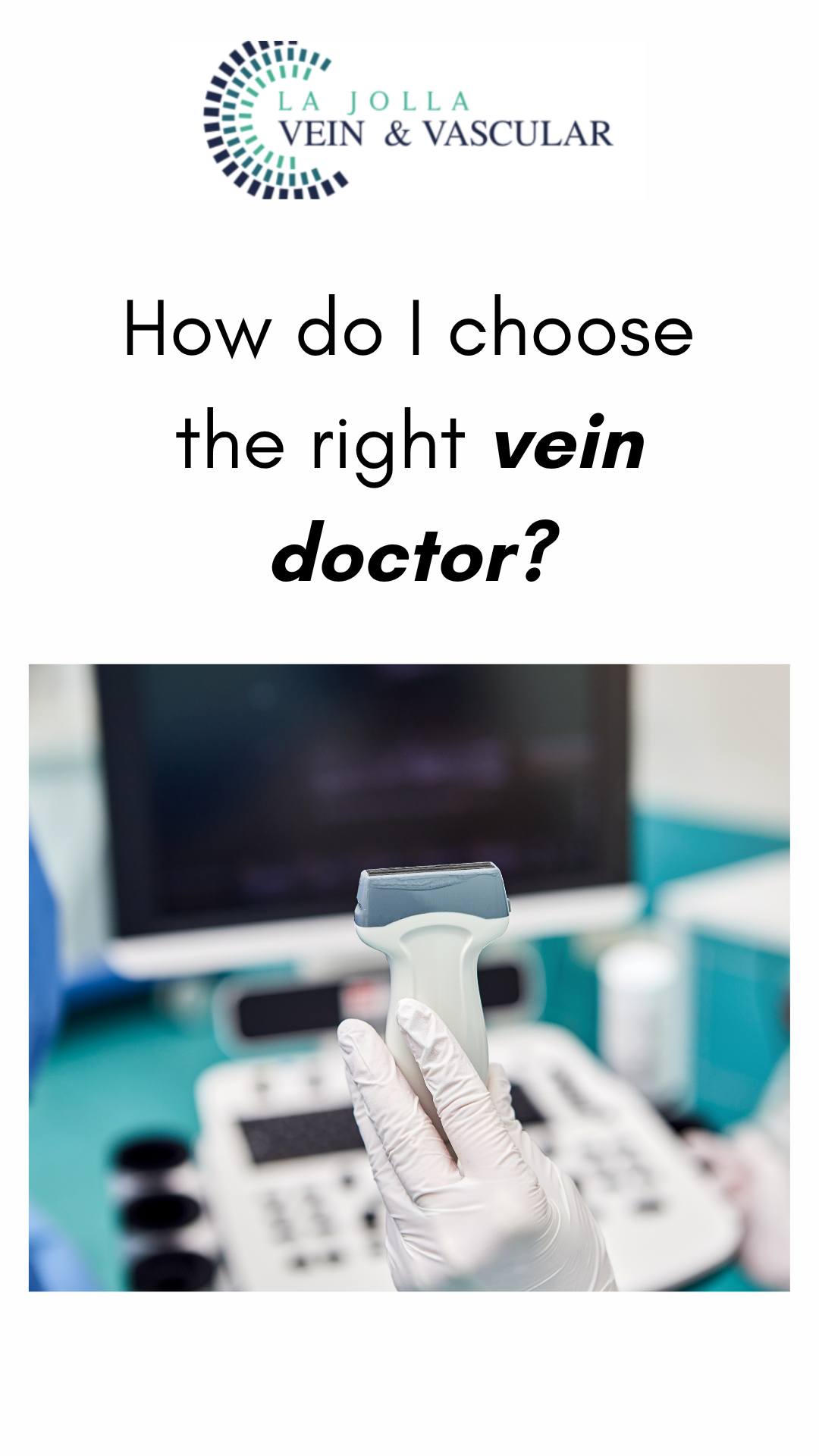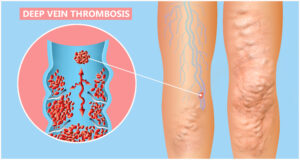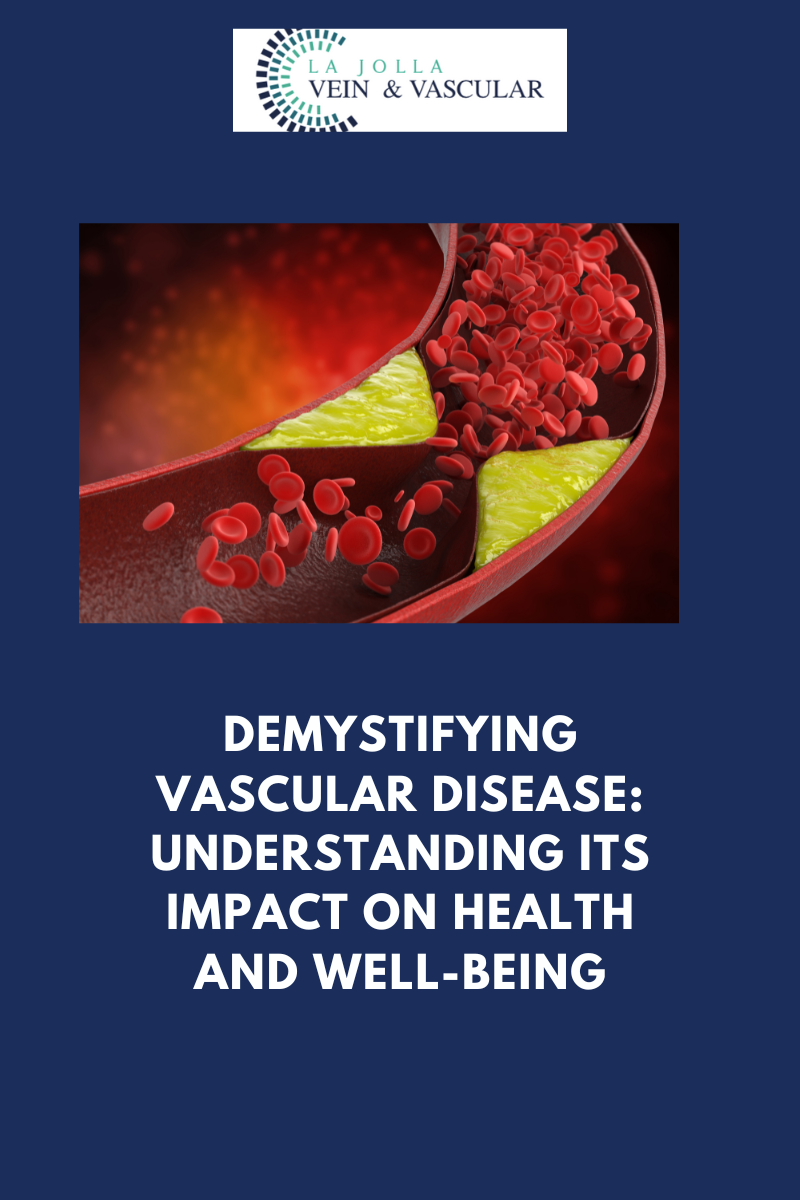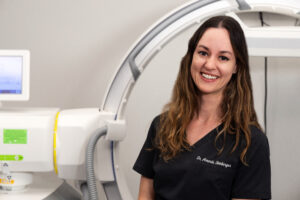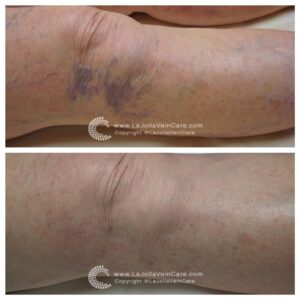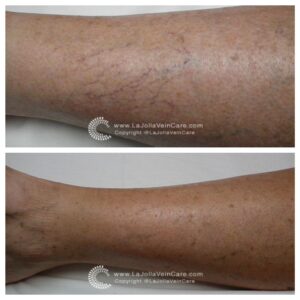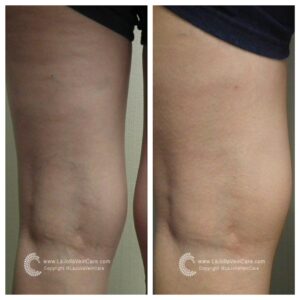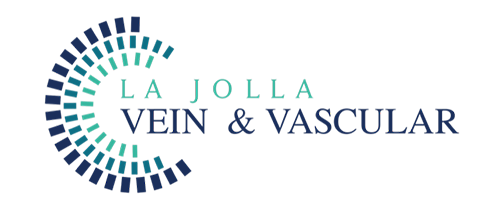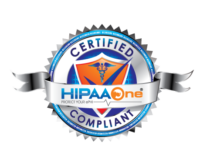How do I get diagnosed for PAD?
LJVascular2024-05-14T02:30:21-07:00Peripheral Artery Disease (PAD) affects a substantial portion of individuals aged over 50. While not everyone with PAD needs vascular procedures, recognizing the importance of accurate diagnosis and proactive management is key to minimizing risks and ensuring a healthier life. This article aims to unravel the complexities of PAD, exploring its symptoms, causes, risk factors, and emphasizing the significance of early diagnosis and treatment.
Unraveling Peripheral Artery Disease (PAD)
Peripheral Artery Disease, or PAD, manifests as narrowed arteries due to excessive plaque buildup on their walls. This constriction impedes the flow of oxygen-rich blood from the heart to various body parts. The restricted blood flow, laden with essential nutrients and oxygen, can lead to significant consequences.
Understanding Symptoms, Causes, and Risks Associated with PAD
PAD symptoms typically concentrate in the lower extremities. Individuals might experience pain, cramping, or fatigue in their hip or leg muscles, notably while walking or climbing stairs. Such discomfort often eases with rest but recurs upon resuming physical activity. However, the impact of PAD isn’t limited to leg pain. The diminished blood flow stemming from arterial narrowing can trigger pain in multiple body regions, including the arms, stomach, hip, head, and kidneys.
The root cause of PAD lies in plaque buildup along artery walls, constricting blood flow, oxygen, and glucose delivery, leading to discomfort and pain. Risk factors encompass age, smoking, diabetes, hypertension, high cholesterol, and a sedentary lifestyle. Left unaddressed, PAD elevates the risk of coronary artery disease, stroke, heart attack, and may result in severe complications like gangrene or necessitate amputation.
Prioritizing Diagnosis and Treatment for PAD
Accurate PAD diagnosis is pivotal for effective management and risk reduction. At La Jolla Vein & Vascular, our specialized physicians offer tailored diagnostic services, recognizing the unique nature of each patient’s condition. Understanding that individual cases differ, our seasoned medical professionals utilize advanced tools and extensive expertise to provide precise assessments and guidance.
Our PAD diagnosis includes a suite of advanced tests, such as detailed physical exams, ankle-brachial index (ABI), arterial ultrasounds, angiography (venography), blood tests, and magnetic resonance angiography (MRA).
Taking Charge of Your Vascular Health
Understanding PAD, its symptoms, causes, and risks is vital for maintaining vascular health. Seeking professional medical guidance if you suspect PAD risk or experience related symptoms is paramount. Our dedicated team at La Jolla Vein & Vascular is committed to accurate diagnosis, personalized treatments, and guiding you toward a healthier, more active life.
Remember, knowledge is the initial step toward effective management. Staying informed and proactive empowers you to take control of your vascular health, reducing the associated risks linked with PAD.
“Bringing Experts Together for Unparalleled Vein and Vascular Care”
La Jolla Vein & Vascular (formerly La Jolla Vein Care) is committed to bringing experts together for unparalleled vein and vascular care.
Nisha Bunke, MD, Sarah Lucas, MD, and Amanda Steinberger, MD are specialists who combine their experience and expertise to offer world-class vascular care.
Our accredited center is also a nationally known teaching site and center of excellence.
For more information on treatments and to book a consultation, please give our office a call at 858-550-0330.
For a deeper dive into vein and vascular care, please check out our Youtube Channel at this link, and our website https://ljvascular.com
For more information on varicose veins and eliminating underlying venous insufficiency,
Please follow our social media Instagram Profile for more fun videos and educational information.
For more blogs and educational content, please check out our clinic’s blog posts!
